Craig McMurty, Marc Mercuri, Nigel Watling, Matt Winkler9780672329487, 0-672-32948-4
Table of contents :
Windows Communication Foundation Unleashed……Page 1
Table of Contents……Page 6
Foreword……Page 17
Introduction……Page 20
Part I: Introducing the Windows Communication Foundation……Page 24
Partial Types……Page 26
Generics……Page 27
Nullable Value Types……Page 30
The Lightweight Transaction Manager……Page 32
Role Providers……Page 33
References……Page 36
Background……Page 38
The Service Model……Page 45
References……Page 93
Background……Page 96
The XmlSerializer and the DataContractSerializer……Page 98
The XML Fetish……Page 102
Using the DataContractSerializer……Page 107
Exception Handling……Page 122
References……Page 127
Reliable Sessions……Page 128
Session Management……Page 132
Queued Delivery……Page 133
Transactions……Page 137
Summary……Page 147
Part II: Introducing the Windows Workflow Foundation……Page 148
Introduction……Page 150
Activities……Page 151
Workflow Models……Page 173
Workflow Hosting……Page 185
Rules Engine……Page 198
References……Page 207
Introduction……Page 208
Consuming Services……Page 209
Orchestrating Services……Page 214
Exposing Workflows as Services……Page 215
Looking Ahead……Page 225
References……Page 232
Part III: Security……Page 234
Basic Tasks in Securing Communications……Page 236
Transport Security and Message Security……Page 237
Using Transport Security……Page 238
Using Message Security……Page 249
Impersonation……Page 255
Authorization……Page 258
Reversing the Changes to Windows……Page 267
References……Page 270
The Role of Identity……Page 272
Microsoft Passport and Other Identity Solutions……Page 275
The Laws of Identity……Page 277
The Identity Metasystem……Page 278
Information Cards and CardSpace……Page 284
Managing Information Cards……Page 286
Architecture, Protocols, and Security……Page 292
CardSpace and the Enterprise……Page 305
References……Page 309
Developing for the Identity Metasystem……Page 312
Simple Demonstration of CardSpace……Page 314
Prerequisites for the CardSpace Samples……Page 315
Adding Information Cards to a WCF Application……Page 320
Adding Information Cards……Page 325
Using a Federation Binding……Page 330
Catching Exceptions……Page 332
Processing the Issued Token……Page 333
Using the Metadata Resolver……Page 335
Adding Information Cards to Browser Applications……Page 336
Creating a Managed Card……Page 347
Building a Simple Security Token Service……Page 351
Summary……Page 353
References……Page 354
Prelude……Page 356
Securing Resources with Claims……Page 357
Leveraging Claims-Based Security Using XSI……Page 361
Claims-Based Security and Federated Security……Page 399
References……Page 400
Part IV: Integration and Interoperability……Page 402
COM+ Integration……Page 404
Using the COM+ Service Model Configuration Tool……Page 406
Exposing a COM+ Component as a Windows Communication Foundation Web Service……Page 409
Calling a Windows Communication Foundation Service from COM……Page 415
Integrating with MSMQ……Page 421
Creating a Windows Communication Foundation Service That Integrates with MSMQ……Page 422
Summary……Page 431
12 Interoperability……Page 432
Summary……Page 434
References……Page 435
Part V: Extending the Windows Communication Foundation……Page 436
Extending the Windows Communication Foundation……Page 438
Extending the Service Model with Custom Behaviors……Page 439
Implementing a Custom Behavior……Page 445
Implementing Each Type of Custom Behavior……Page 454
Implementing a WSDL Export Extension……Page 467
Custom Behaviors in Action……Page 470
References……Page 471
Binding Elements……Page 472
Channels Have Shapes……Page 475
Channels Might Be Required to Support Sessions……Page 476
Matching Contracts to Channels……Page 477
Communication State Machines……Page 479
Building Custom Binding Elements……Page 480
Summary……Page 499
Transport Channels……Page 500
Completing the Stack……Page 501
Implementing a Transport Binding Element and an Encoder Binding Element……Page 503
Implementing Custom Binding Elements to Support an Arbitrary TCP Protocol……Page 507
References……Page 520
Part VI: Special Cases……Page 522
Introduction……Page 524
Publish/Subscribe Using Callback Contracts……Page 525
Publish/Subscribe Using MSMQ Pragmatic Multicasting……Page 532
Publish/Subscribe Using Streaming……Page 540
References……Page 554
Using Structured Data in Peer-to-Peer Applications……Page 556
Leveraging the Windows Peer-to-Peer Networking Development Platform……Page 557
Using Peer Channel……Page 558
Peer Channel in Action……Page 564
References……Page 587
Representational State Transfer……Page 588
REST Services and Plain XML……Page 589
The Virtues and Limitations of REST Services……Page 590
Building REST POX Services with the Windows Communication Foundation……Page 591
References……Page 598
Part VII: The Lifecycle of Windows Communication Foundation Applications……Page 600
Introduction……Page 602
Instrumentation and Tools……Page 603
References……Page 640
Introduction……Page 642
The Universe of Versioning Problems……Page 643
Centralized Lifecycle Management……Page 651
Summary……Page 653
References……Page 654
Part VIII: Guidance……Page 656
Adopting the Windows Communication Foundation……Page 658
Working with Windows Communication Foundation Addresses……Page 660
Working with Windows Communication Foundation Bindings……Page 662
Working with Windows Communication Foundation Contracts……Page 665
Working with Windows Communication Foundation Services……Page 673
Working with Windows Communication Foundation Clients……Page 681
Working with Large Amounts of Data……Page 688
Debugging Windows Communication Foundation Applications……Page 690
References……Page 691
A……Page 692
B……Page 694
C……Page 695
D……Page 699
F – G……Page 700
I……Page 701
M……Page 704
N……Page 705
P……Page 706
Q – R……Page 708
S……Page 709
U – V……Page 714
W……Page 715
X – Y – Z……Page 717
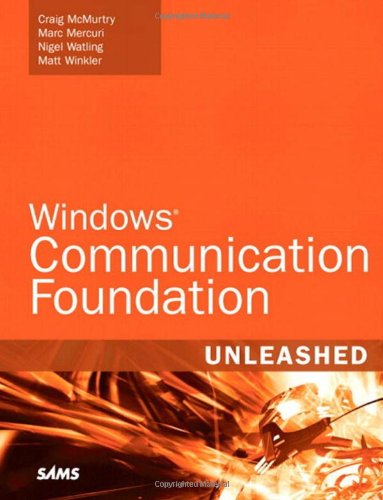
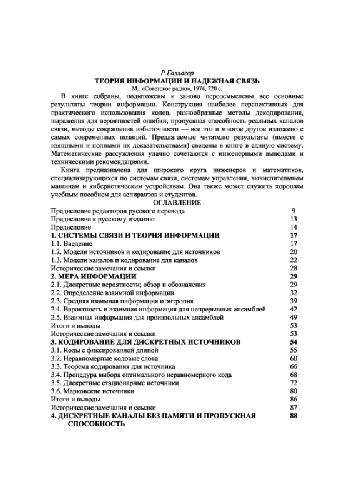
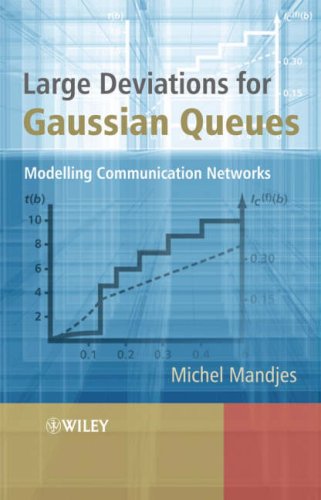
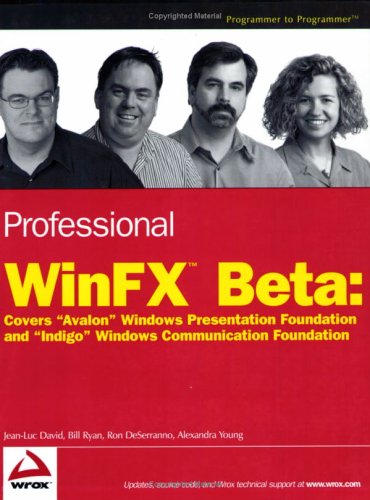
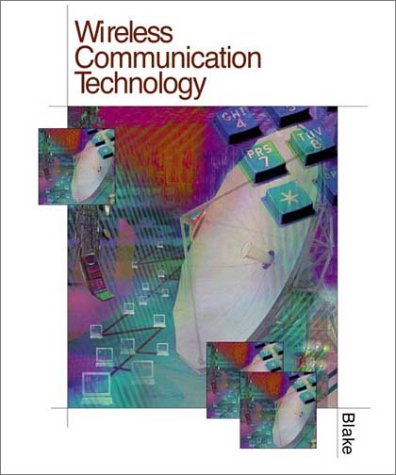
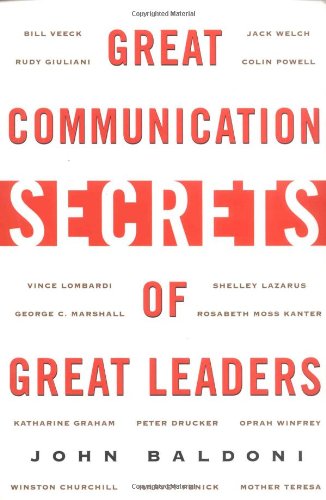
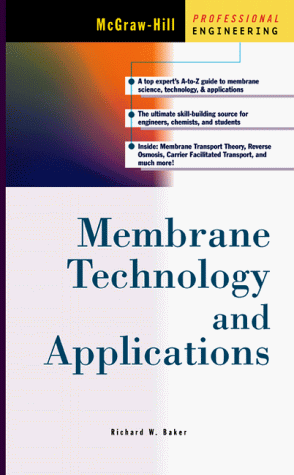
Reviews
There are no reviews yet.